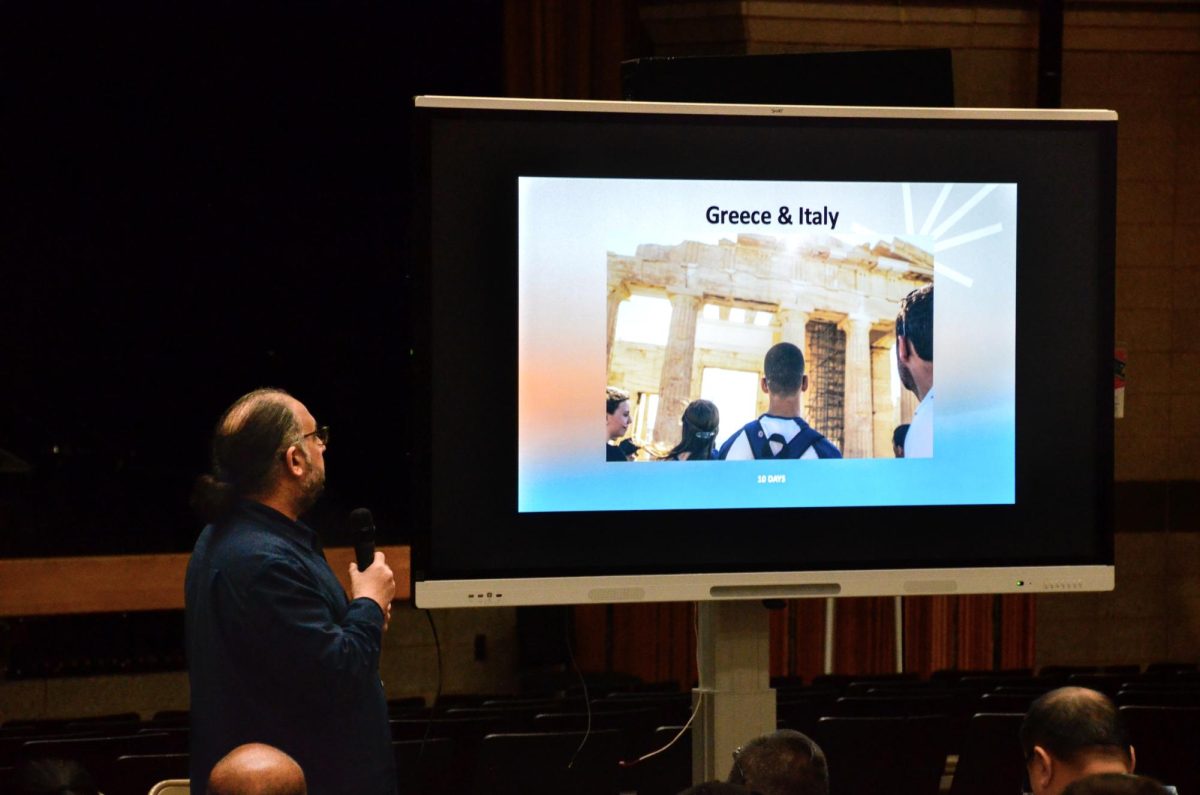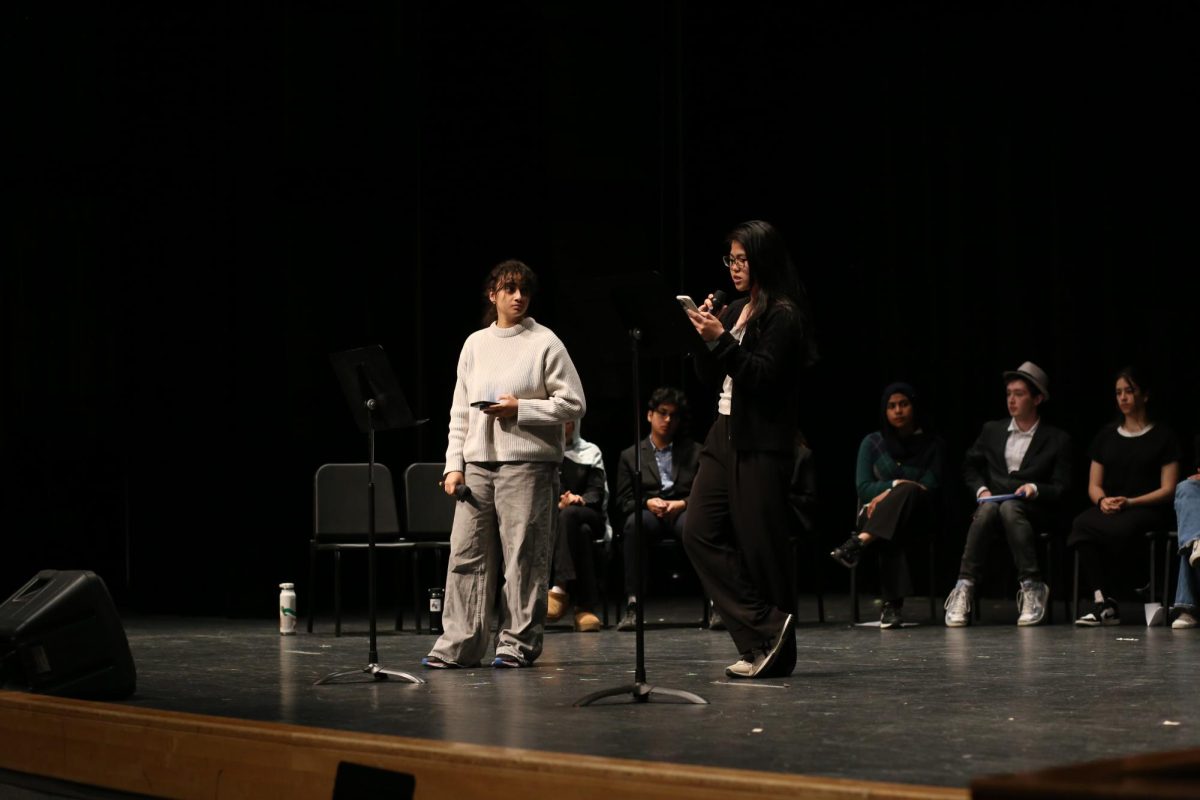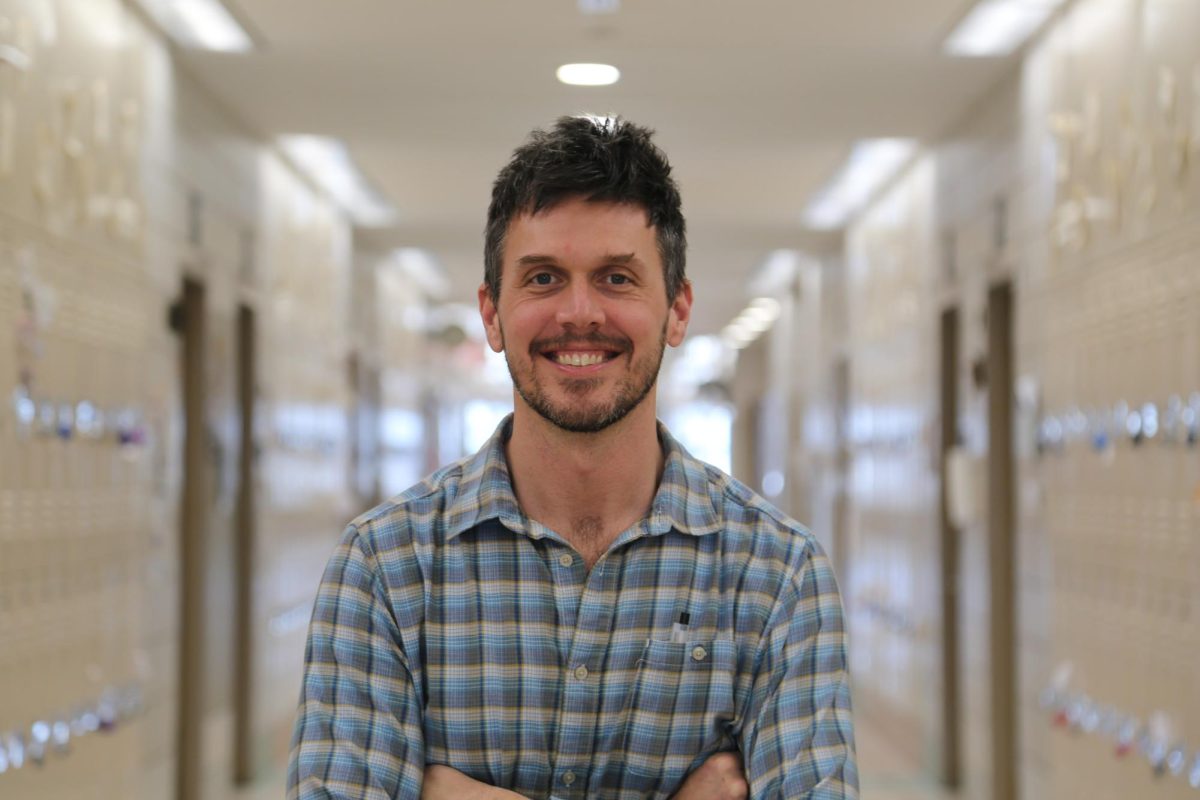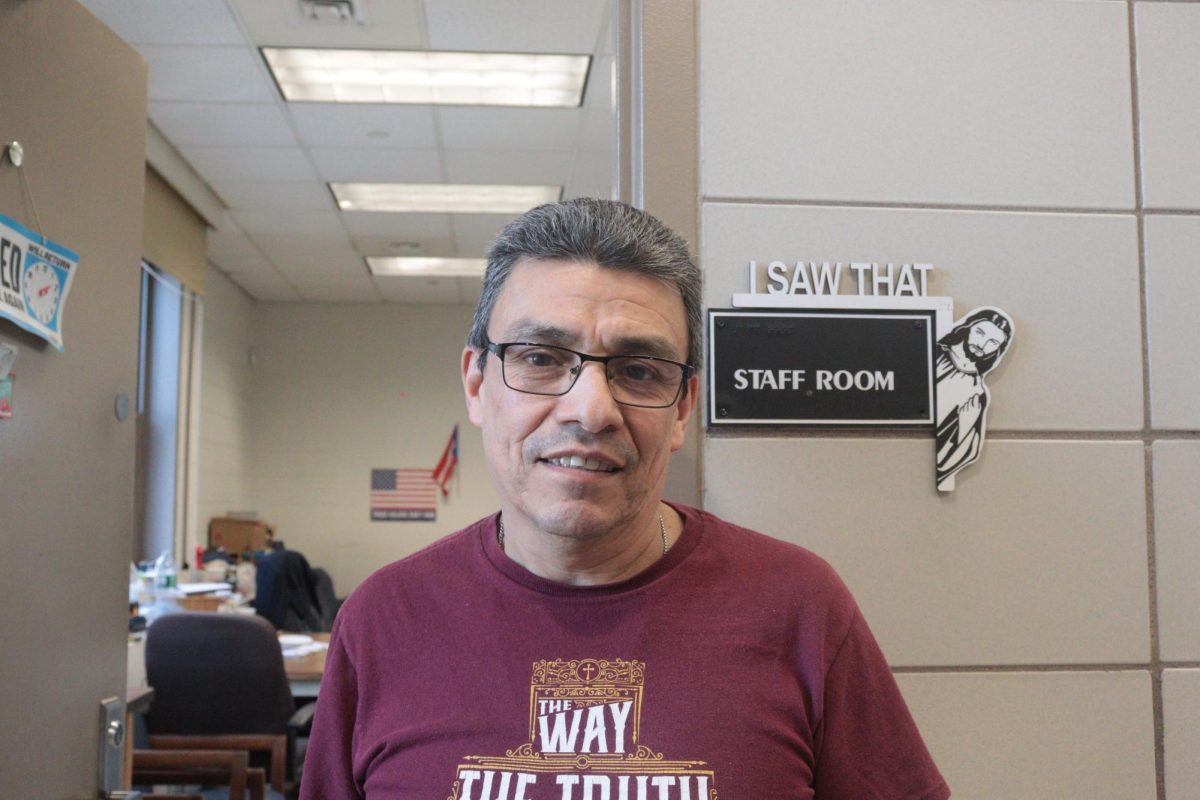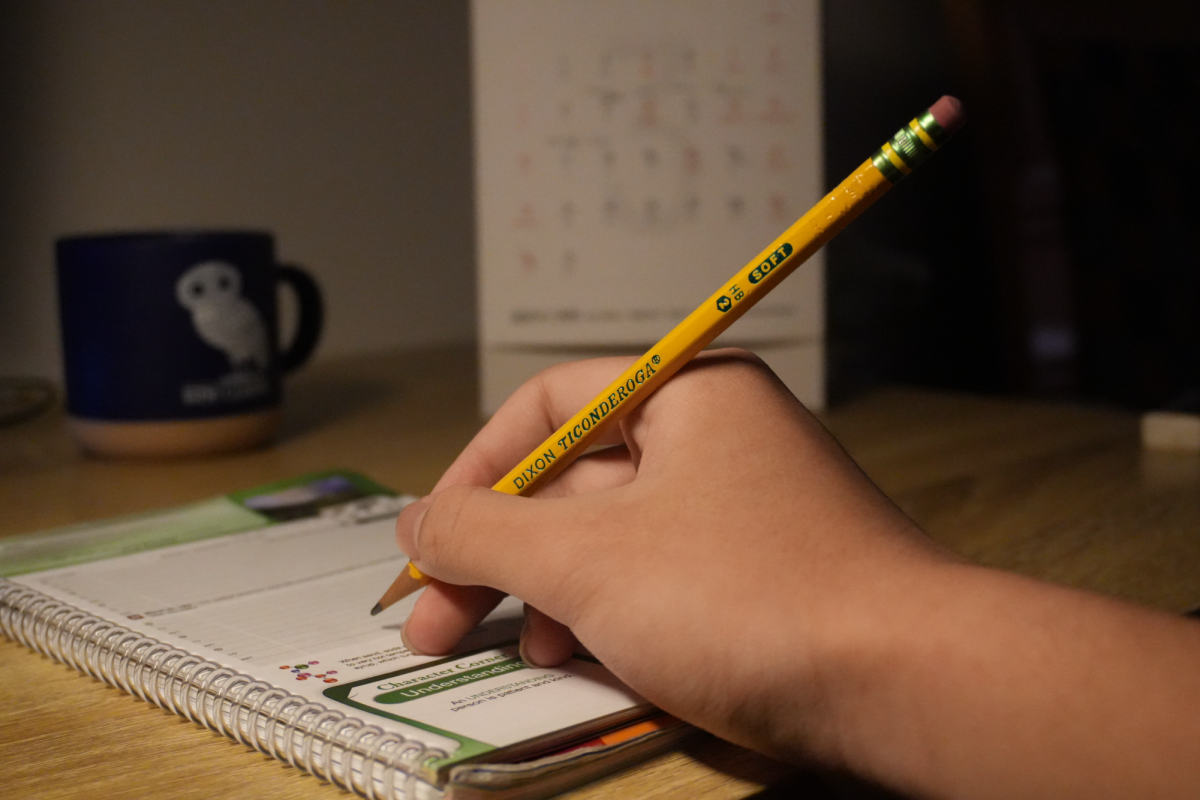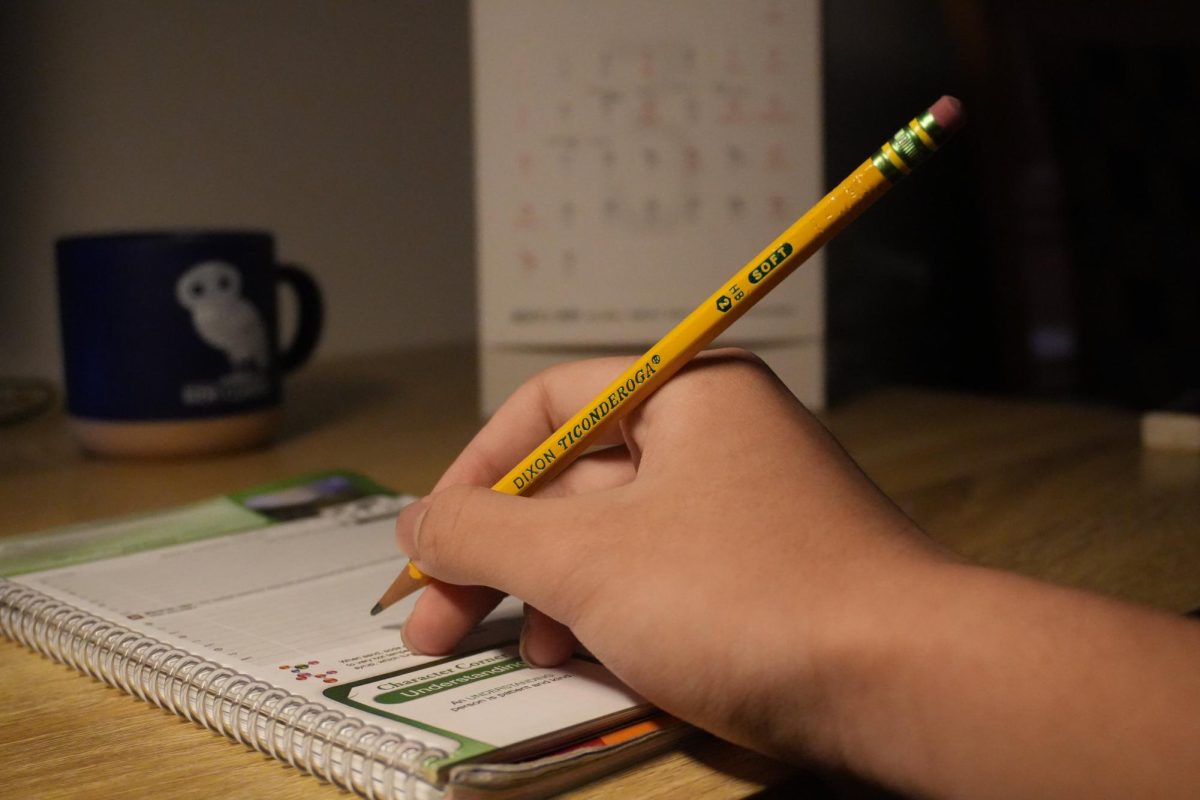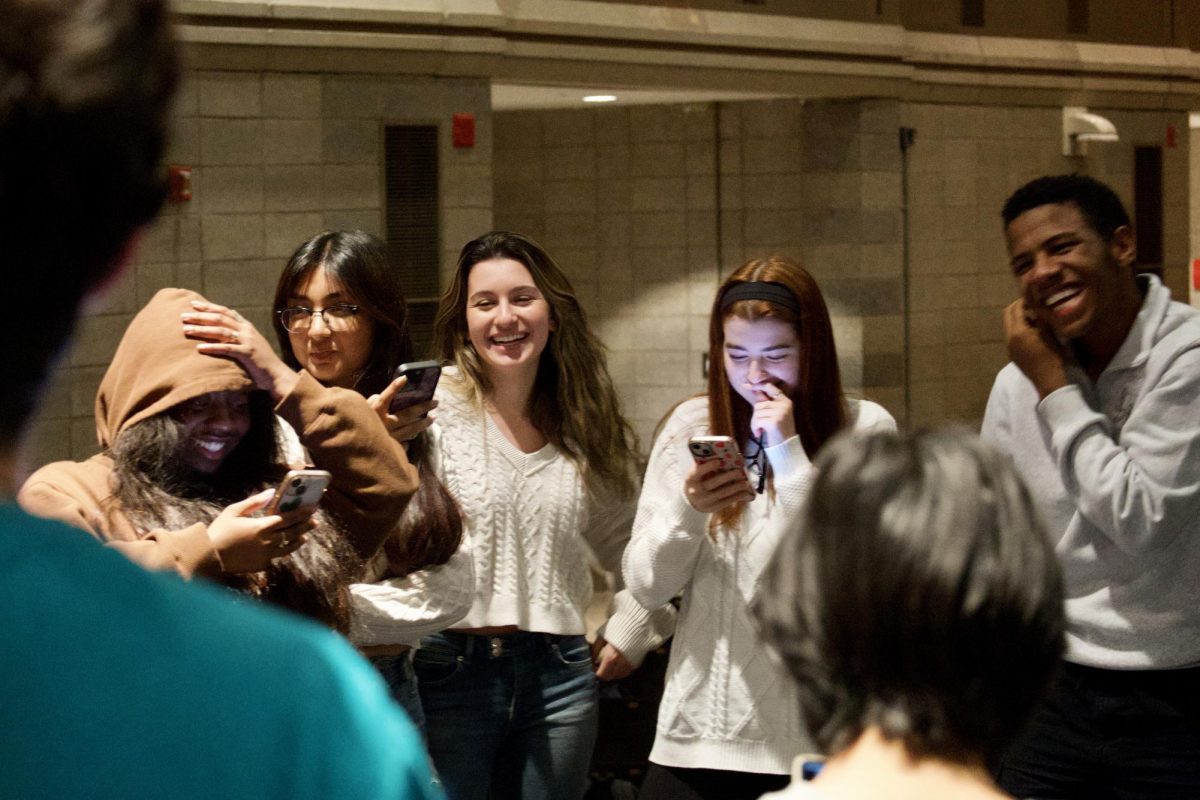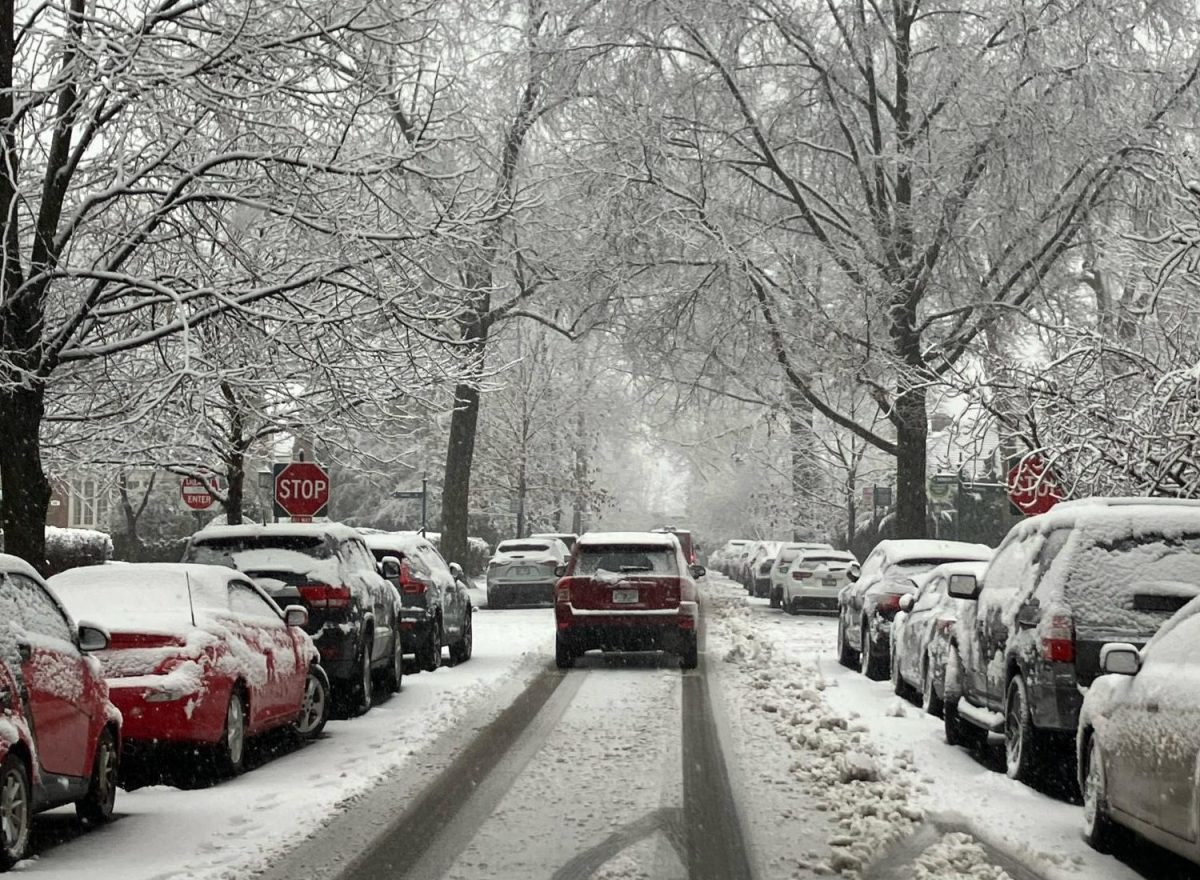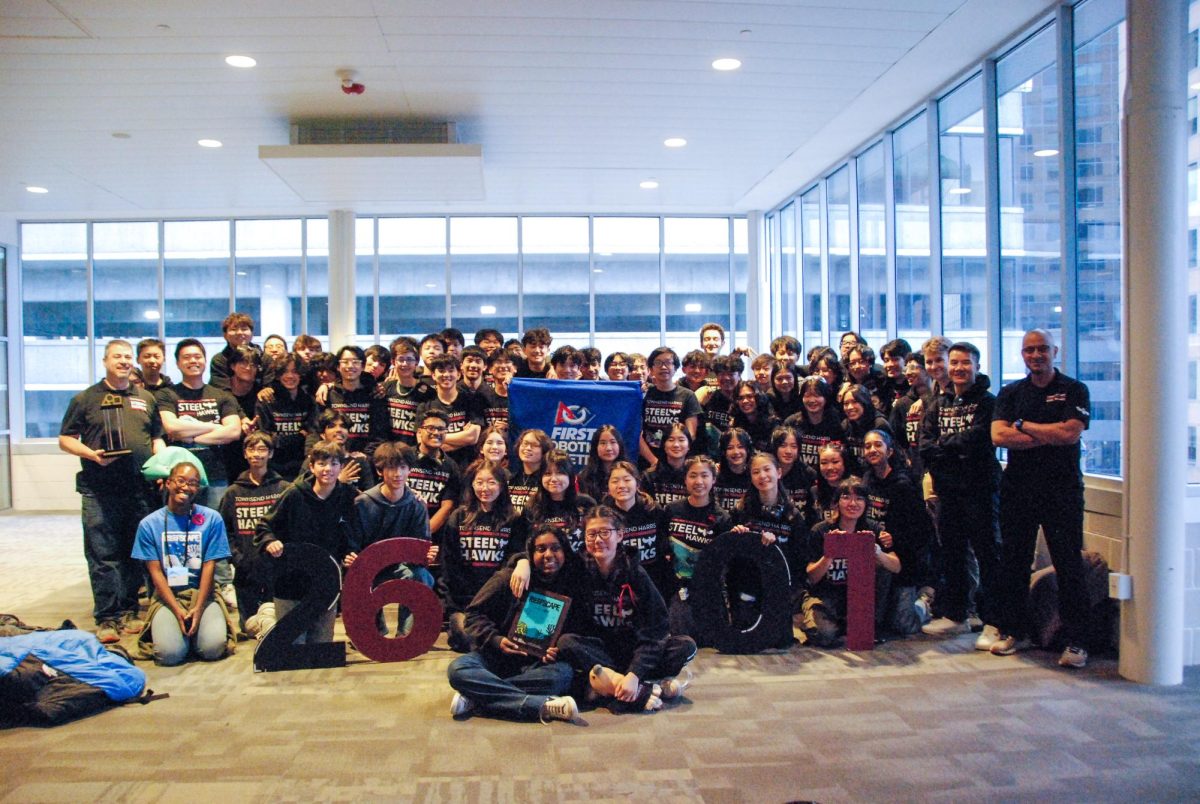
As the winter months settle in, bringing shorter days and colder nights, many students and teachers at Townsend Harris High School find themselves facing a shift in mood and energy.
According to the National Institute of Mental Health, “Many people feel ‘down’ or have the ‘winter blues’ when the days get shorter in the fall and winter and feel better in the spring when longer daylight hours return. Sometimes, these mood changes are more serious and can affect how a person feels, thinks, and behaves.”
In a school environment where academic pressure runs high, these emotional fluctuations can quietly take a toll, raising important questions about mental health awareness and the support systems available to those affected.
Senior Ava Jack described how the shorter days leave her feeling persistently tired, to the point where it interferes with her ability to complete homework. Her coping method—baking and cooking—provides a tangible sense of control and comfort. “A good pea or tomato soup can make stress turn to mush,” Ava said.
Junior Thaseena Anjum shared similar views, noting that the lack of daylight contributes to her feelings of sluggishness and demotivation, both academically and personally. Her struggle to find effective coping strategies reflects a broader challenge among students: while some turn to hobbies or social activities, others may feel overwhelmed or unsure of where to start.
Teachers and counselors offered perspectives into how these mood shifts manifest in both the classroom and their personal lives. English teacher Kevin McDonaugh said that while the winter months can be difficult for him personally, especially in regards to motivation, engaging in activities, such as playing guitar or taking brisk outdoor walks, helps him navigate these challenges. “I have found that engaging in an activity forces me outside of myself, lifting me from any potential seasonal funk I might be in. This might mean going for a walk around my neighborhood, riding my bike, or heading to a park and looking at some water […] sometimes, the colder the better,” he said, He emphasized the importance of finding joy in small creative or physical activities.
Guidance counselor Jeremy Wang highlighted a systemic challenge in addressing this issue within the school environment. He said that students rarely approach counselors proactively; instead, he noted, signs of depression often surface through behavioral changes observed by teachers.
Guidance counselor Sara Skoda said that she does see an uptick in visits from students to discuss issues they are having during this time of year. In speaking to The Classic, she encouraged students to visit the guidance suite when feeling like they need to speak to someone and she also highlighted the importance of having a support system from peers. “I’ll be very honest, and I think [that] it’s important for Townsend students to know this: I don’t think that students talk enough about it out loud to each other,” she said.
Thaseena said many students do feel more comfortable discussing mental health with peers rather than teachers. “I feel much more comfortable talking to peers about mental health than my teachers. I feel like my peers relate to my struggles and most teachers just won’t,” she said.
Aside from visiting the guidance suite, Ms. Skoda highlighted the newly emerging resource for teens known as the New York City Teenspace, a free mental health support service for teens through a network of therapists. She mentioned that Teenspace tends to have extended call periods, especially during this time of year, and that students should most definitely consider taking advantage of the program. Additionally, she added that the SAPIS Program has recently begun a chapter at Townsend Harris through Ms. Palumbo, a youth development counselor who is yet another individual Harrisites can seek guidance from.



